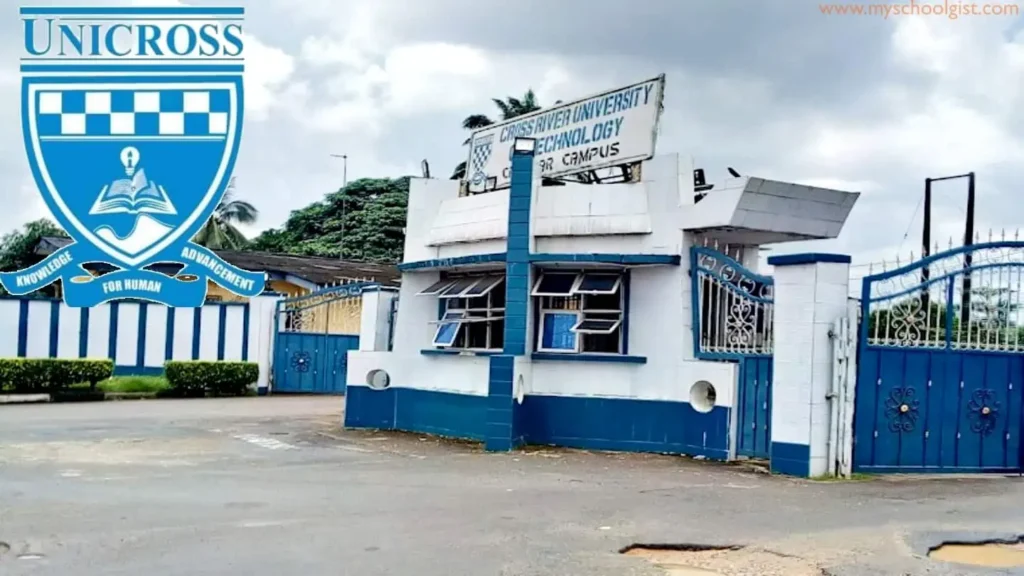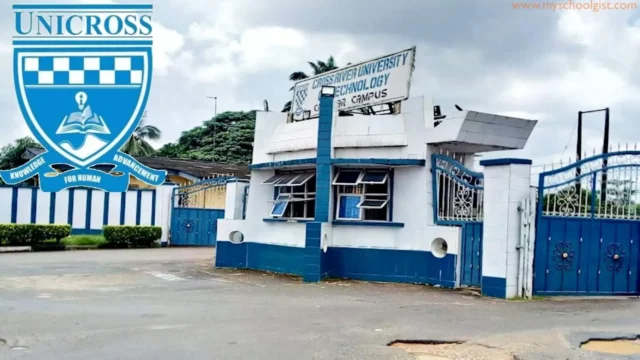A quiet but determined transformation is unfolding in Cross River State’s education sector. Guided by Governor Prince Bassey Otu and driven by the dedication of Professor Stephen Odey, Commissioner for Education, the state is redefining how learning, leadership, and reform intersect. From overhauling outdated systems to introducing technology and policy innovation, Cross River is emerging as a strong example of what visionary governance can achieve in Nigerian education.
Unlike many states where promises fade after press conferences, Cross River’s story is one of real, visible progress. Classrooms are being rebuilt, teachers are being recruited, and new structures are ensuring accountability at every level. Education here is being treated not as a formality but as the foundation of future prosperity.
Table of Contents

Strategic Reforms Backed by Action
Strengthening Institutions and Workforce
One of Prof. Odey’s earliest priorities was rebuilding the human and institutional backbone of education. Through his leadership, 219 academic and non-academic staff were recruited into the University of Cross River State (UNICROSS), helping to fill critical teaching gaps. This decision not only improves the quality of learning but also restores morale among educators who had long operated under staff shortages.
To ensure lasting governance, Prof. Odey inaugurated several key boards—the Science and Technical Education Board (STEB), the State Scholarship Board, the Governing Council for the College of Education in Akamkpa, and the State Library Board. Each was restructured to improve oversight, ensure transparency, and align educational outcomes with modern standards.
Expanding Infrastructure and Access
Learning thrives where the environment supports it. Through the State Universal Basic Education Board (SUBEB), the government implemented 49 infrastructure projects under the 2023 UBEC intervention. New classrooms, rehabilitated facilities, and better school utilities now serve thousands of learners across the state.
More impressively, Cross River paid a N3.5 billion counterpart fund—unlocking the 2024 UBEC matching grant. That financial commitment highlights the government’s willingness to back its education vision with real resources, not rhetoric.
Embracing Skills, Agriculture, and Innovation
Education reform in Cross River goes beyond textbooks. Recognising the need for practical learning, the Ministry integrated agriculture into the curriculum and launched the Young Farmers Club across schools. The first annual seminar in 2024 emphasised agribusiness, entrepreneurship, and environmental awareness—equipping students with life skills that reach beyond the classroom.
This focus on skills development aligns with a broader national conversation about employability. By teaching students how to produce, create, and innovate, Cross River is nurturing self-reliant youths capable of shaping their economic futures.

Digitalisation, Student Safety, and New Policies
Administrative reforms have been equally bold. Cross River now digitalises major exams—Primary Six placement, JSS3 BECE, and SS II mock examinations—with results published online. This move drastically reduces errors, exam malpractice, and the inefficiencies that often frustrate parents and schools.
The state has also taken student protection seriously. The Ministry made it mandatory for all schools—public and private—to establish Anti-Drug Clubs and Anti-Bullying Committees. A new “No Bullying” policy was adopted, with firm consequences for offenders, including expulsion.
Two new departments—Special Duties and Safe Schools/Nutrition—were created to handle emerging issues affecting student welfare and safety. By synchronising school calendars across public and private institutions, the state also restored order and predictability to the academic year.
Infrastructure at the ministry itself was not left behind; major renovations at the headquarters and annexes have modernised administrative operations, creating a more professional environment for education workers.
Leadership, Accountability, and the Vision Forward
Behind these results is a leadership style marked by integrity and inclusivity. Prof. Stephen Odey has consistently demonstrated hands-on management—shutting down unapproved schools, conducting school censuses, and engaging directly with local government chairmen to improve education delivery.
In early 2025, the Ministry closed down two illegal schools in Etung and Calabar South LGAs for failing to meet minimum standards. It also ensured that over 14,000 SS3 students were registered for the 2025 WAEC examinations—an unprecedented level of compliance that reflects a renewed seriousness about student success.
The state’s forward vision includes establishing a University of Education and Entrepreneurship in Akamkpa. The proposed institution will specialise in teacher training and innovation, creating a new generation of educators capable of shaping modern learning experiences.
Community voices have also recognised the changes. “Professor Odey is a man of action who delivers on his promises,” said Chief Utum Eteng, a respected elder statesman. “We can finally see progress that impacts both teachers and students.”
Challenges and the Road Ahead
Despite these achievements, challenges remain. Funding fluctuations, teacher strikes, and community resistance can still slow progress. However, Cross River’s approach—centred on consultation, accountability, and long-term planning—shows readiness to overcome such obstacles.
The lessons from this transformation are clear:
- Funding must follow vision – as shown by the state’s N3.5 billion UBEC payment.
- Strong governance builds sustainability – with boards and councils ensuring accountability.
- Practical learning matters – embedding agriculture and entrepreneurship links education to real life.
- Digitalisation works – it reduces inefficiencies and boosts transparency.
- Safety is non-negotiable – anti-bullying and anti-drug campaigns safeguard students’ future.

For Cross River, education reform is not just about constructing classrooms but building character, skills, and self-belief among its young people.
As Nigeria looks for scalable examples of educational transformation, Cross River’s model stands out—rooted in vision, grounded in execution, and powered by leadership that values both structure and soul.
If the current momentum continues, the state could soon be recognised as a national benchmark for effective education reform—proof that when leadership meets purpose, real progress follows.
Join Our Social Media Channels:
WhatsApp: NaijaEyes
Facebook: NaijaEyes
Twitter: NaijaEyes
Instagram: NaijaEyes
TikTok: NaijaEyes
READ THE LATEST EDUCATION NEWS





